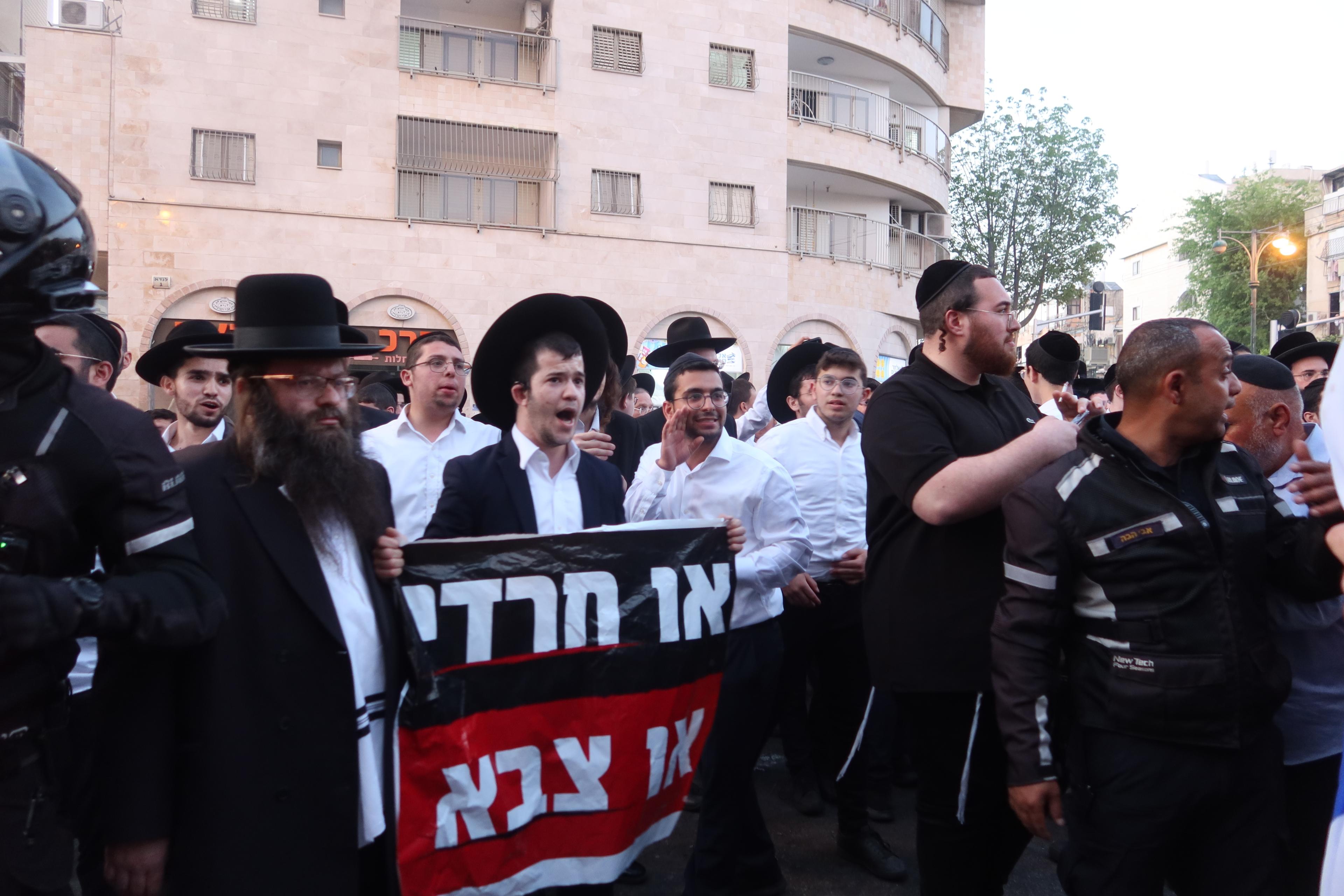IDF, Charedim, Politics
Breaking: High Court Rules Against Ultra-Orthodox Military Exemptions in Israel
Court strikes down ultra-orthodox military exemptions, in a ruling which is sure to cause shockwaves in the ultra-orthodox community.

In a landmark decision, Israel's High Court of Justice has unanimously ruled that the government can no longer grant blanket exemptions from military service to ultra-Orthodox (Haredi) yeshiva students. The court declared that there is no current legal framework to support such exemptions and that the government must cease instructing the Israel Defense Forces (IDF) and Defense Ministry to refrain from drafting these individuals.
As reported by the Times of Israel, the ruling also prohibits the government from providing financial support to yeshiva students studying in lieu of military service, as the law permitting this arrangement has expired. However, the court did not specify how to enforce the new ruling or set quotas for Haredi conscription.
This decision is likely to have far-reaching political and social implications in Israel. Currently, an estimated 67,000 Haredi males are eligible for military service. The ultra-Orthodox political parties strongly oppose conscription for their constituents and are demanding legislation to reinstate the blanket exemptions.
The ruling comes after recent court hearings where justices expressed doubt about the government's continued refusal to draft Haredi men despite the expiration of legal frameworks for exemptions. This decision puts pressure on the government to address the long-standing issue of equitable military service across all sectors of Israeli society.
The court's ruling does not provide specific details on implementation, leaving open questions about how many ultra-Orthodox yeshiva students will need to be drafted and how the process will be managed. This ambiguity may lead to further legal and political debates as the government grapples with enforcing the decision.
This development is likely to strain relations between secular and ultra-Orthodox communities in Israel and could potentially impact the stability of the current coalition government, as some Likud Members of Knesset have already stated they cannot vote for legislation reinstating the exemptions.